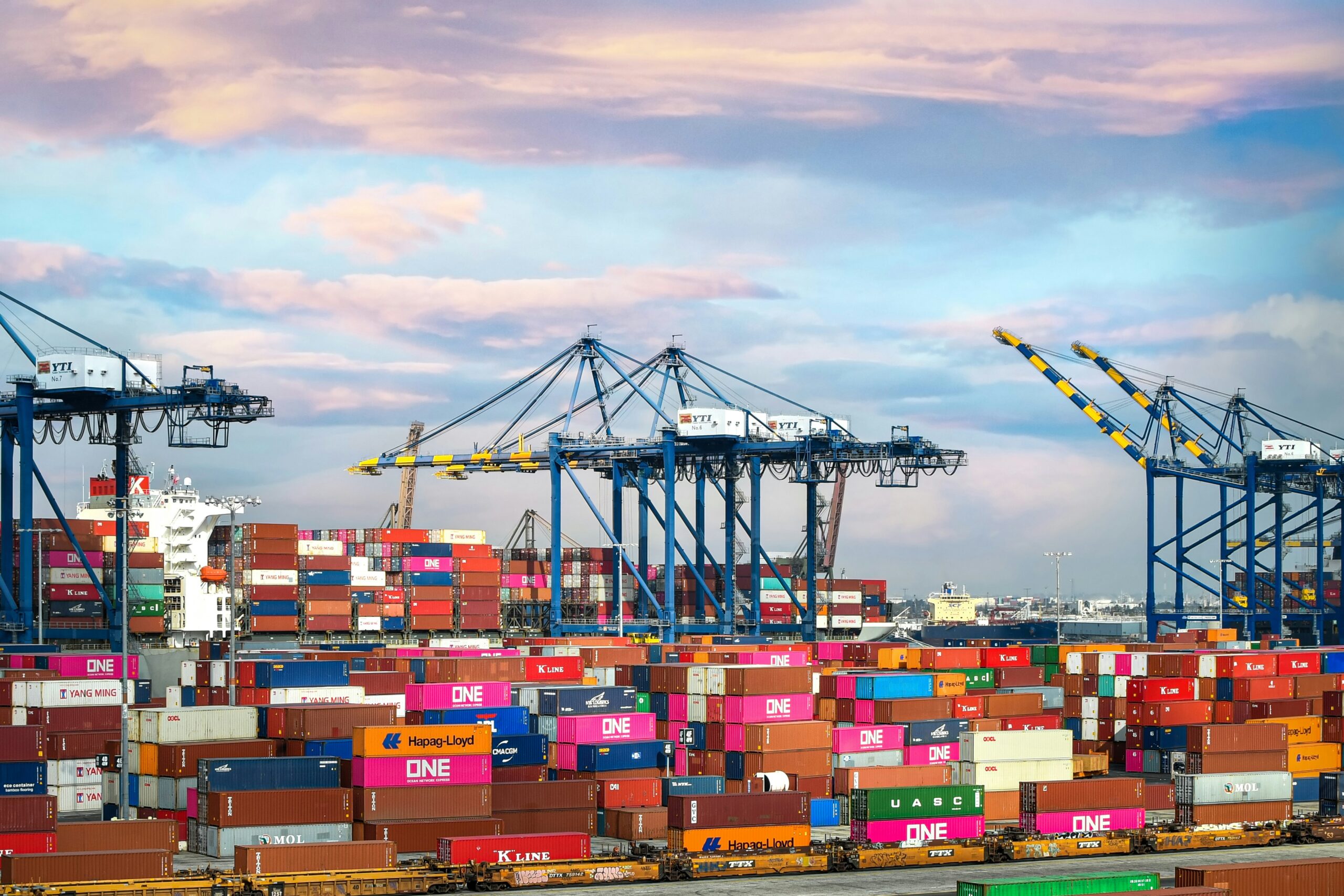U.S. ports are set to become more climate friendly thanks to a massive investment by the federal government.
The Environmental Protection Agency has selected 55 ports to receive nearly $3 billion in grants to fund zero-emission equipment and infrastructure improvements across 27 states and territories.
The Clean Ports Program, funded through the Inflation Reduction Act, includes $2.8 billion for zero-emission technology deployment and $60 million for climate and air quality planning at U.S. ports. Over half of the selected projects will take place in disadvantaged communities experiencing poor air quality.
RELATED: $400 million in loans approved for deepening Texas ports
Ports are the gateways connecting the U.S. and world economies. With millions of dollars of goods flowing through ports every day, upgrading infrastructure can help reduce bottlenecks, saving time and money. At the same time, port operations can be a significant source of climate pollution. These investments look to address both the efficiency of moving goods through ports and ensuring that these crucial economic gateways do not make climate change worse.
The largest technology deployment grants include $411.7 million to the Port of Los Angeles, $380 million to the Virginia Port Authority, and $344.1 million to the Port Authority of New York and New Jersey. Projects will fund over 1,500 pieces of electric cargo handling equipment, 1,000 zero-emission drayage trucks, 10 locomotives, and 20 vessels.
The Maryland Port Administration will receive $145.7 million to purchase electric cargo handling equipment and trucks at the Port of Baltimore, along with charging infrastructure and battery storage systems. Baltimore will also get nearly $2 million for planning efforts to update its emissions reduction strategies.
On the West Coast, the Port of Oakland secured $322.2 million to deploy both electric and hydrogen-powered equipment, including cargo handling machinery and trucks. The project includes charging infrastructure, solar generation and battery storage systems. The Port of Los Angeles will use its $411.7 million grant for similar equipment plus shore power capabilities for vessels.
Several smaller ports received significant funding for specialized needs. The Port of Seward in Alaska will get $45.7 million primarily for vessel shore power and battery storage, while Hawaii’s Department of Transportation secured $56.7 million to pilot hydrogen-powered cargo handling equipment at Honolulu Harbor.
The program includes both equipment purchases and supporting infrastructure like charging stations, shore power systems for vessels, and solar power generation. Forty-three of the selected projects align with hubs designated by the National Zero-Emission Freight Corridor Strategy.
EPA officials said the agency will work with selected ports over the coming months to finalize project plans before transferring funds. Implementation is expected to take three to four years depending on the project scope.
Photo by Barrett Ward on Unsplash













